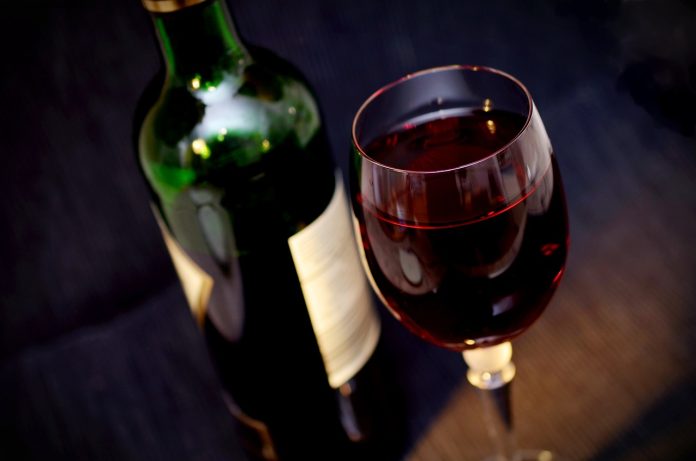The Washington Post (WaPo) ran a story bemoaning the fact that France has produced more wine than wine drinkers are demanding, resulting in French wine producers destroying large volumes of wine. This is a dramatic reversal from just two years ago when the mainstream media and French vintners were claiming climate change had made large regions of France inhospitable to wine production. This reversal shows, as Climate Realism pointed out at the time, that France’s low wine production in 2021 was a result of temporary weather events, events similar to ones’ wine producers in France and elsewhere had experienced many times previously, and were not indicative long-term trend resulting from climate change.
In the WaPo story, titled “France has too much wine. It’s paying millions to destroy the leftovers,” Caroline Anders, a researcher for The Daily 202, writes:
France is about to destroy enough wine to fill more than 100 Olympic-size swimming pools. And it’s going to cost the nation about $216 million.
Ruining so much wine may sound ludicrous, but there’s a straightforward economic reason this is happening: Making wine is getting more expensive due in part to recent world events, and people are drinking less of it. That has left some producers with a surplus that they cannot price high enough to make a profit. Now, some of France’s most famous wine-producing regions, like Bordeaux, are struggling.
Continuing, Anders notes that previously, the European Union (EU) had already provided France, the second most prosperous country in the EU as measured by GDP, with $172 million to destroy nearly 80 million gallons of wine. France garnered even more EU funding to destroy yet more wine just last week.
As discussed in Climate Realism, here and here, for example, just two years ago, French grape and wine producers were decrying lost production, blaming climate change for weather events from which many expressed concerns that they would never recover since a continued worsening was locked in. At the time, Climate Realism wrote:
2021 was a particularly bad year for wine production in France. But, long-term data show 2021 was an anomaly, not indicative of a long-term trend which might implicate a changing climate.
Although weather conditions in Europe were unfavorable to wine production in 2021, other countries were producing more wine than in the previous year. A Forbes magazine article on France’s wine woes in 2021 stated:
The almost catastrophic figures from France were caused by very unfavorable climatic [sic] conditions during most of the growing season: frost, hail, storms, and humidity in the summer (causing diseases).
Grape and wine production has grown spectacularly during the recent decades, as modest warming has expanded the number and location of areas favorable for grape and wine production. The most recent record for both grape and wine production was set as recently as 2018, according to the U.N. Food and Agriculture Organization, well into the period of modest warming. It is this global increase in production and declining consumption that has resulted in the present wine glut that French growers are facing. Increased competition from foreign producers and declining sales, not climate change, is responsible for French wine producers’ woes.
Wine can be stored for years, even decades, with the best wines improving with age. Despite this, French producers, with subsidies from the EU, are destroying millions of gallons of wine that could be sold at a later date if demand for wine rebounds. The decision to destroy their wine is driven by concerns about cost and profits, not climate change. Sadly, the WaPo and Anders ignore the elephant in the room. Although Anders’ notes, “wine is getting more expensive due in part to recent world events,” she fails to acknowledge the fact that prominent among the factors contributing to wine becoming more expensive, are the Western world’s climate policies that have increased energy costs and the cost of fertilizers and pesticides. Nor does WaPo or Anders mention that climate change has improved grape and wine production globally, benefiting average wine imbibers, if not dedicated oenophiles.


















